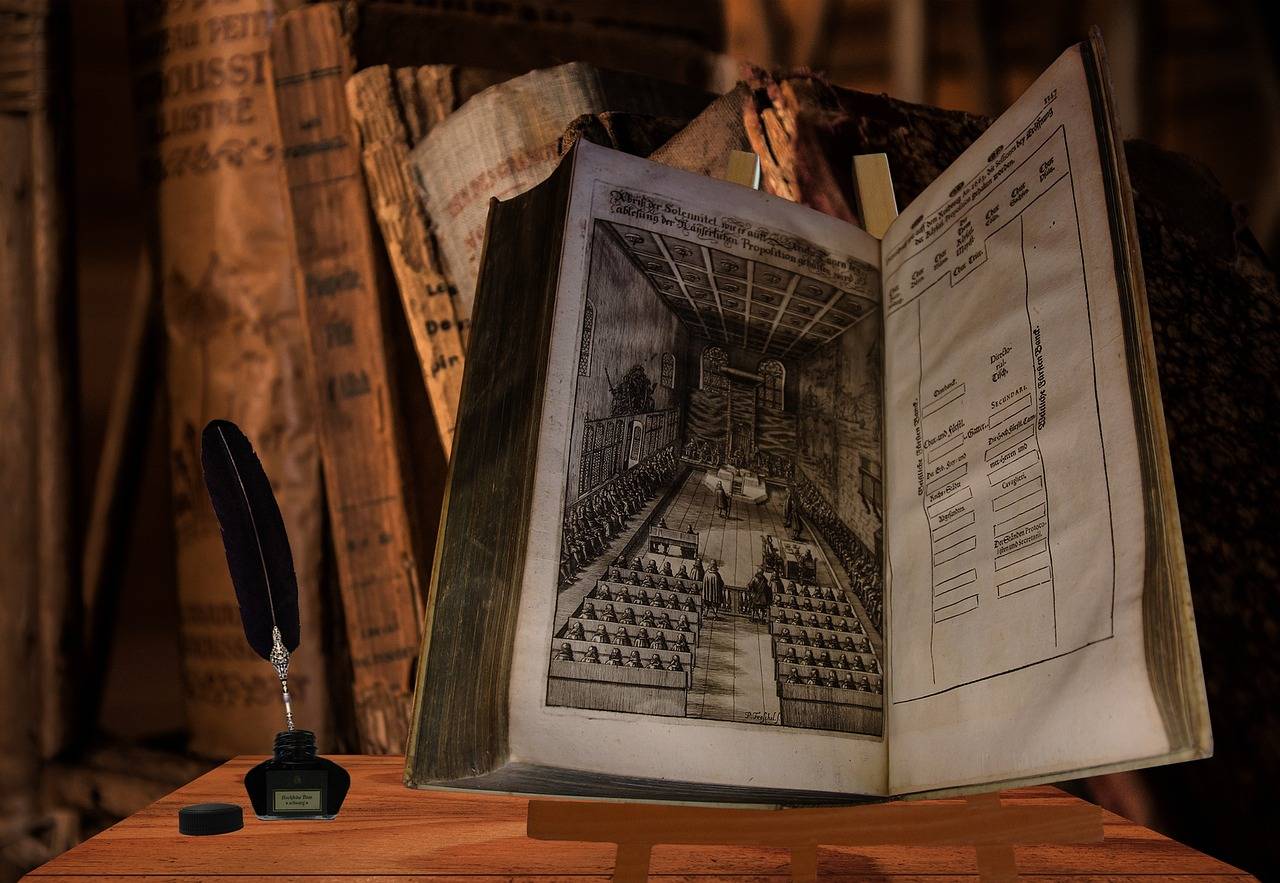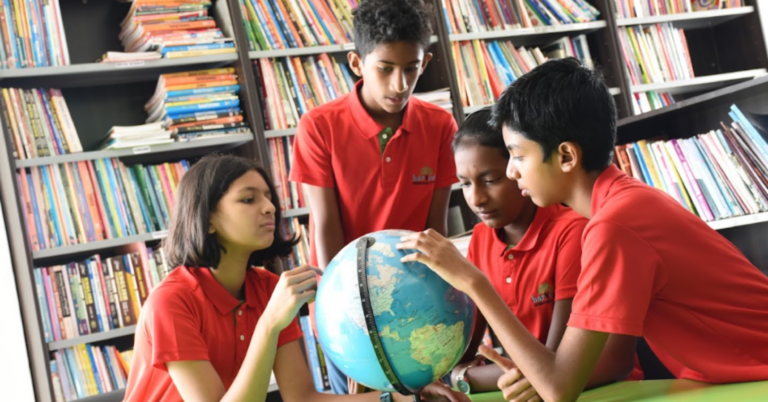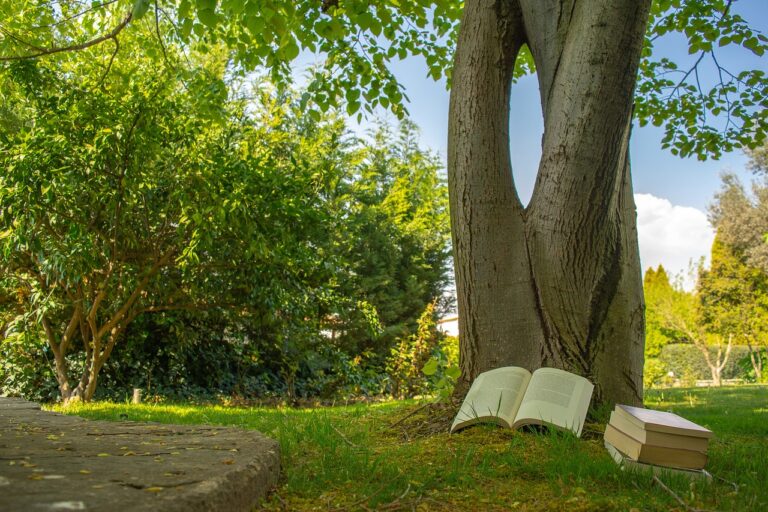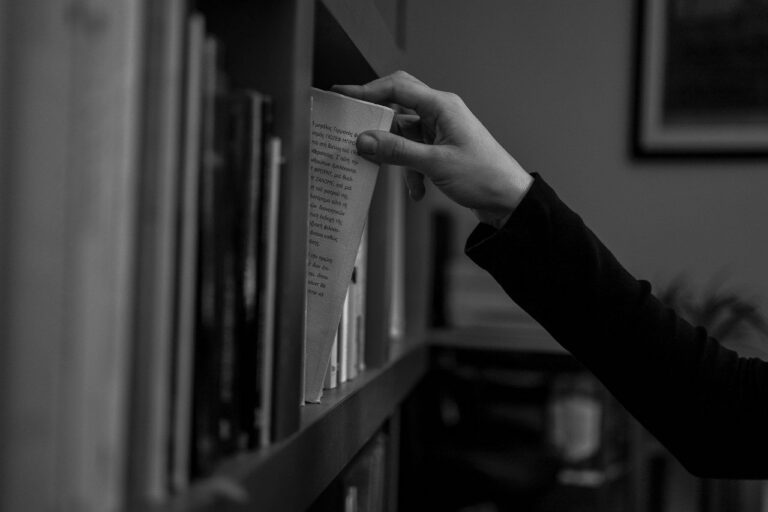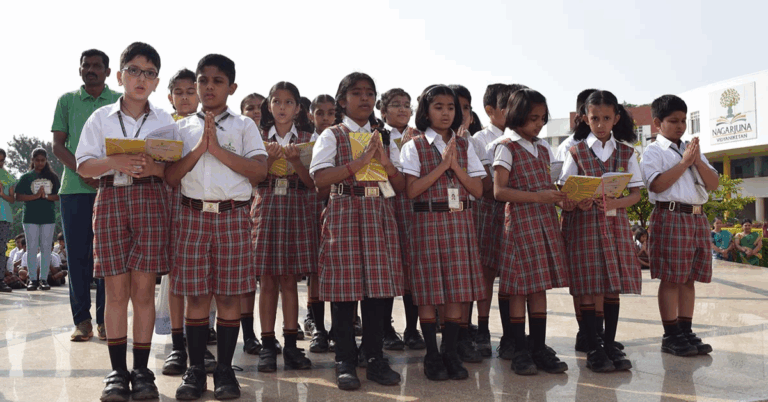Exploring Montessori Education for Preschoolers: Betbazar 247 login, Playexch in login, Gold365 id login
betbazar 247 login, playexch in login, gold365 id login: Montessori education is a unique and innovative approach to early childhood education that focuses on fostering independence, creativity, and a love of learning in young children. Developed by Dr. Maria Montessori in the early 20th century, this educational method has gained popularity worldwide for its hands-on, child-centered approach.
So, what exactly is Montessori education, and how does it benefit preschoolers?
1. Child-Centered Learning
In a Montessori classroom, children are encouraged to explore their interests and learn at their own pace. Teachers act as guides, helping children discover and develop their strengths and passions.
2. Hands-On Activities
Montessori classrooms are filled with hands-on materials that children can manipulate and explore to learn various concepts. This hands-on approach makes learning engaging and meaningful for preschoolers.
3. Mixed-Age Groups
One of the unique aspects of Montessori education is that children of different ages learn together in the same classroom. This setup allows younger children to learn from their older peers and older children to develop leadership skills.
4. Individualized Learning
Each child in a Montessori classroom receives personalized attention and instruction based on their unique needs and interests. This individualized approach helps children reach their full potential and build confidence in their abilities.
5. Focus on Life Skills
In addition to academic subjects, Montessori education also emphasizes the development of practical life skills such as cooking, cleaning, and gardening. These activities help children become independent and capable individuals.
6. Cultivation of Creativity
Montessori education values creativity and self-expression, with ample opportunities for children to engage in art, music, and movement activities. This emphasis on creativity helps preschoolers develop their imaginations and problem-solving skills.
7. Respect for the Child
Central to Montessori philosophy is the belief that children are inherently capable and deserving of respect. Teachers in Montessori classrooms strive to create a supportive and nurturing environment where every child feels valued and empowered.
8. Connection to Nature
Many Montessori programs incorporate nature-based activities and outdoor exploration to foster a sense of connection to the natural world. This connection can inspire a lifelong love of nature and environmental stewardship.
9. Parent Involvement
Montessori education values the partnership between parents and teachers in supporting children’s learning and development. Parents are encouraged to be actively involved in their child’s education and to collaborate with teachers to create a cohesive learning experience.
10. FAQs
Q: What is the ideal age to enroll a child in a Montessori program?
A: Most Montessori programs accept children as young as 2.5 to 3 years old, depending on the school’s policies.
Q: How can I ensure that my child transitions smoothly to a traditional school after being in a Montessori program?
A: Communication with the new school and support from teachers can help facilitate a smooth transition for your child.
In conclusion, Montessori education offers a holistic and child-centered approach to preschool education that nurtures children’s natural curiosity, creativity, and independence. By exploring Montessori education for preschoolers, you can provide your child with a solid foundation for lifelong learning and success.

